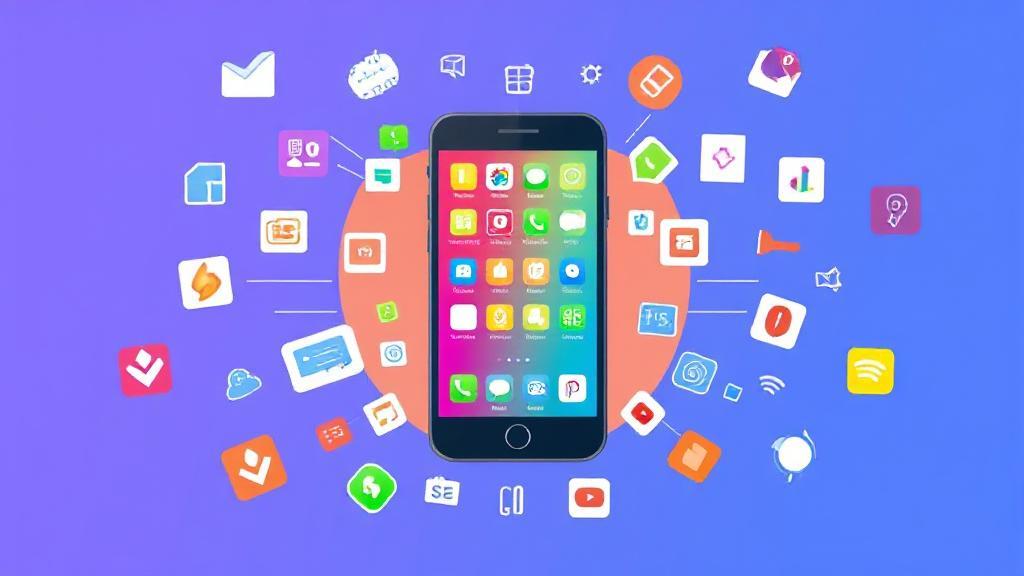Planning and Research Phase
Define Your App's Purpose
Before diving into development, clearly understand:
- What problem your app solves
- Who your target audience is
- What core features you'll include
Tip: Create a detailed description of your app's functionalities to serve as a development roadmap.
Market Research
Analyze the current landscape using tools like App Annie and Sensor Tower to identify:
- Competitor strengths and weaknesses
- Market demand and opportunities
- Potential monetization strategies
- User pain points
Design Phase
UX/UI Design
- Create user personas and journey maps
- Design wireframes using tools like Figma or Balsamiq
- Follow platform-specific guidelines:
- Material Design for Android
- Human Interface Guidelines for iOS
Development Phase
Choose Your Development Approach
Frontend Development
Choose appropriate technologies:
- iOS: Swift or Objective-C
- Android: Kotlin or Java
- Cross-Platform: React Native or Flutter
Backend Development
Select suitable technologies:
Testing Phase
Comprehensive Testing
Implement multiple testing types:
- Functional Testing
- Usability Testing
- Performance Testing
- Integration Testing
- User Acceptance Testing
"Your app's success depends on thorough testing across different devices and scenarios."
Beta Testing
Utilize platform-specific tools:
- TestFlight for iOS
- Firebase Test Lab for Android
Launch Phase
App Store Optimization
Prepare compelling store listings:
- Engaging screenshots
- Clear descriptions
- Relevant keywords
- Preview videos
Marketing Strategy
Develop a comprehensive plan including:
- Social media presence
- Content marketing
- Influencer partnerships
- Press releases
Post-Launch
Monitor and Analyze
Track performance using:
- Firebase Analytics
- Mixpanel
- In-app surveys
- App store reviews
Maintenance and Updates
- Address user feedback
- Monitor crash reports
- Plan regular updates
- Scale infrastructure as needed
Remember that creating a successful mobile app is an iterative process. Start with an MVP, gather user feedback, and continuously improve your product based on real-world usage and market demands.
